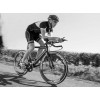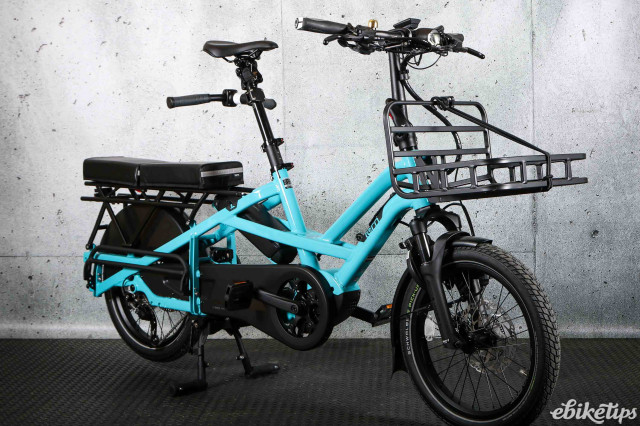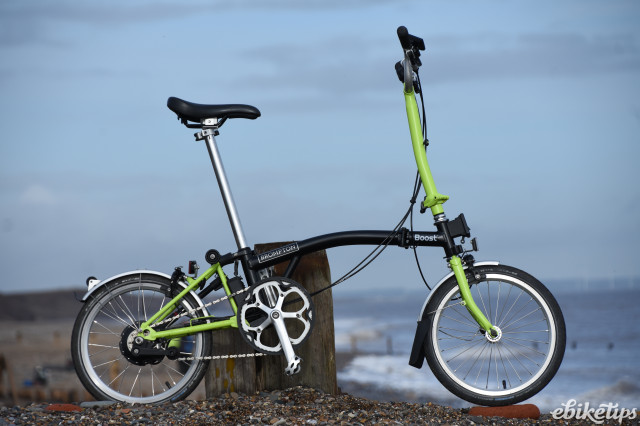Bosch have introduced a standard for measuring the range of e-bikes within a set of parameters to make it easier for brands to quote the range on their motor systems. They're already working with Shimano and Velotech with the new R200 system, and it was developed in conjunction with ZIV, Germany's bicycle industry association.
Testing e-bike range is often pretty subjective and not very transparent, because so many factors come into play such as the bike type and external conditions such as weather, riding surface, tyres and the rider's weight. The R200 test, therefore, works within a set of parameters that Bosch decided would best represent how riders would be using their e-bikes. They decided to assume a support factor of 200%, using a motor output of 140 watts to 70 watts put out from the rider in the testing procedure - this is a medium to high output and of course range depends on a rider's weight and plenty of other factors, but this was considered the best benchmark. They also set the speed at 20km/h, the cadence at 60RPM and assign values for other factors such as wind conditions and terrain type.
Claus Fleischer, Managing Director of Bosch eBike Systems, says: “How far can I get by with a battery charge? This is an important question for many e-bike riders. R200 is a tool for answering that important question. The comparison of e-bike drive systems and providing more information when purchasing an e-bike is extremely important to us.
“The standard serves as a tool to create transparency on the market. For the first time, manufacturers, dealers and customers can objectively compare the range of different e-bikes."
Bosch and ZIV are confident that the R200 will be registered at the German Institute for Standardisation this year, and if it does that it will become an industry-wide standard towards the end of 2019.





